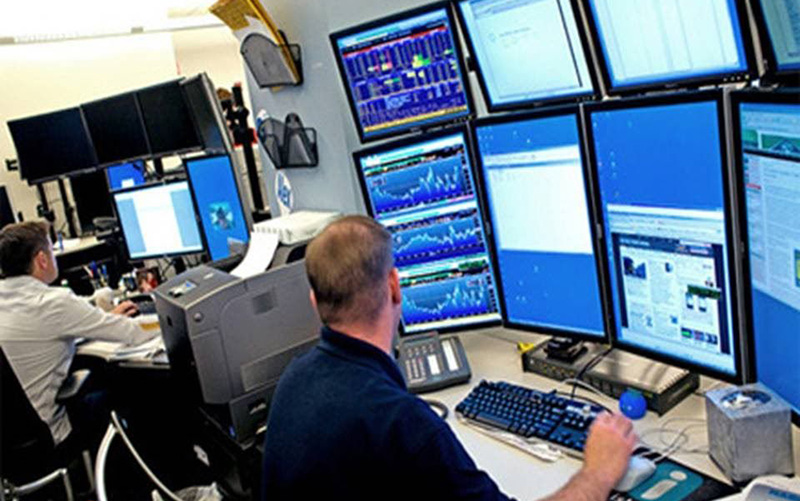The stock market shifted downwards after President Donald Trump declared that the United States would back out from the Iran nuclear deal framework agreement. President Barack Obama worked on the deal three years ago with other countries and US allies France, Germany, the United Kingdom, the European Union, China, and Russia. The market had been expecting Trump’s decision ever since he came to power.
Aside from exiting the deal, Trump wants to impose harsher sanctions on the country, particularly the nation’s capital, Tehran. The event has affected the future of the oil market negatively. Before the announcement, Iran ramped up its oil export production to dampen the effect of the new sanctions.
The United States is open to renegotiations. Its openness to negotiations has reduced the impact of the decision on the oil market. However, it was not enough to quell the disappointment and dismay of involved European countries.
According to analysts, the market should still brace itself. The White House has not yet disclosed its succeeding sanctions on Iran. Those moves will influence the market immensely. European countries, especially the ones who have existing deals with Iran, will be more affected than the US.
The current condition of the stock market will most likely remain idle until the midterm elections in November. The change of people in the Congress and the Senate can make or break the current standstill. And it is unfortunate that there are no news or events that can easily make a positive difference.
It does not help that the start of the year saw a lot of volatility in the market. Popular stocks are either flatlining or underperforming. The market experienced corporate blackouts for the past two months. The possibility of inflation is dawning, and it has started to emerge in February.
Goldman Sachs has attributed the current turbulence in the stock market to casual investors. Despite retail investors having small amounts in the market, their collective investments make up 36% of corporate equity market share. If one includes their direct ownership in exchange for traded funds and mutual funds, they make up 50% of the market.
The number of retail investors is also increasing at a fast pace. The market can attribute the surge of investors to stockbrokers campaigning about 2023 being a great year for investments.
Recently, retail investors have displayed unpredictable behavior. Most of them avoided positioning themselves on popular stocks. And with the recent decision of Trump, it is difficult to be optimistic about the future of the stock market.










